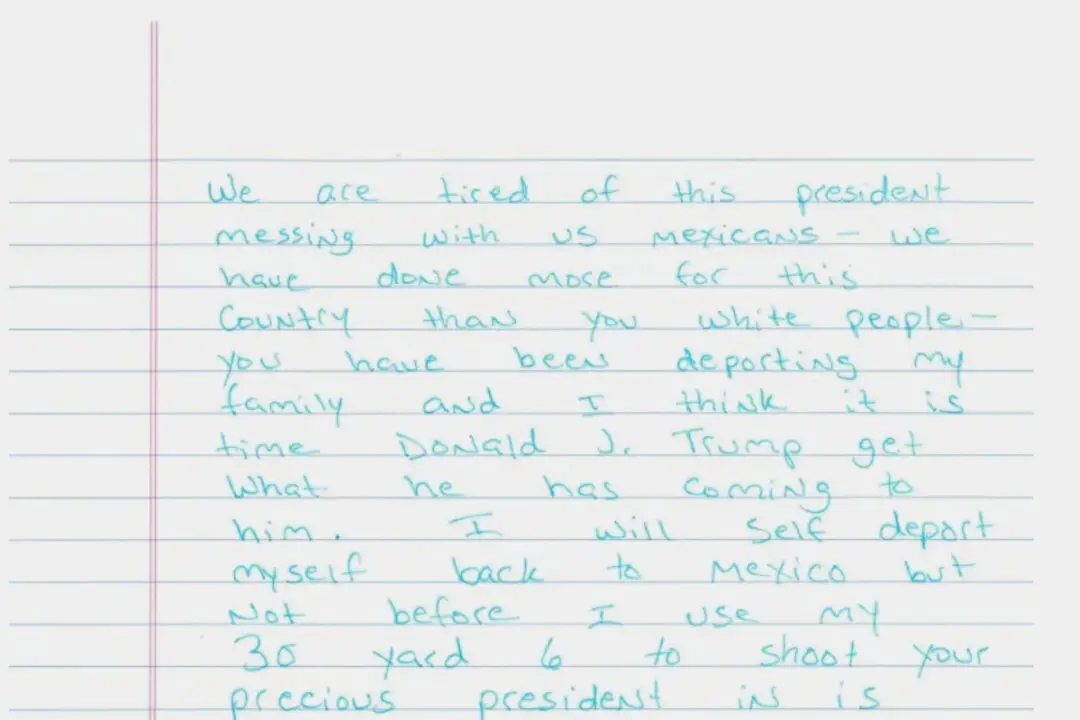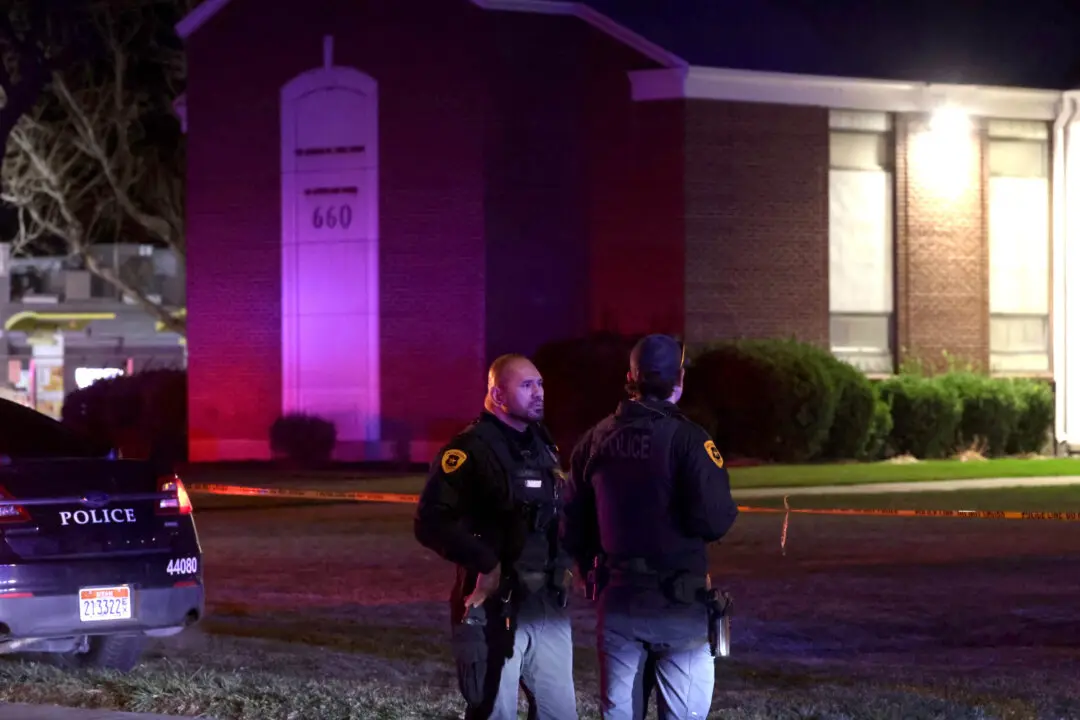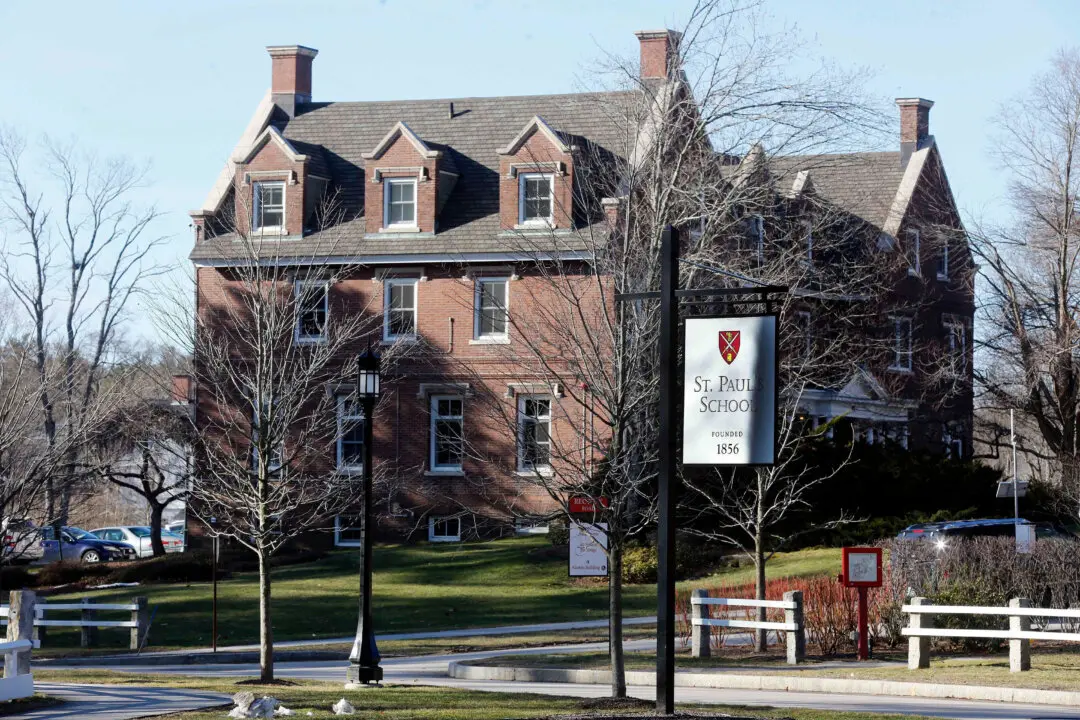WASHINGTON—Ben Carson ran for president, and his consultants won.
The political newcomer who said this week he sees “no path” to the Republican nomination raised more money than any other GOP contender, $58 million since he began his bid last May.
But Carson’s campaign burned through much more of that money on fundraising and consultants than on mass media advertising, on-the-ground employees and other things that could have swayed voters, an Associated Press review of his campaign finance reports found.
Carson’s campaign is an extreme example of the big-money business of presidential politics. The candidate himself, a soft-spoken retired Baltimore neurosurgeon, has wondered aloud whether his campaign aides were taking advantage of him.
He employed “people who didn’t really seem to understand finances,” Carson said in a CNN interview last week. And then he added: “Or maybe they did. Maybe they were doing it on purpose.”
Some people who worked with Carson’s presidential campaign are positioned to continue profiting from his elevated profile even after he officially ends his bid.
All told, the Carson campaign turned over at least one-quarter of the money it raised — $16 million — to fundraising and marketing firms owned by a pair of his top consultants, Mike Murray and Ken Dawson.
By contrast, the Carson campaign’s payroll for nine months cost less than $700,000, finance documents show, and the campaign spent less than $600,000 on television and radio advertising during the month that voting has taken place, according to advertising tracker Kantar Media’s Campaign Media Analysis Group.
Murray has been a senior adviser to the campaign, owns TMA Direct and is managing partner of Precision Data Management, firms that provide fundraising services for direct mail and email to voters and broker lists of would-be supporters.
Dawson has been Carson’s unofficial chief marketing officer and owner of Eleventy Marketing. That company uses Facebook, Twitter and other social media to place digital advertising and raise money for its clients.
Murray and Dawson say the payments to their firms do not give a full picture of all the work they did — transforming a candidate with 50 percent name recognition among likely Republican voters into one nearly universally known now.
“We had the task of building the Carson brand along with raising money,” Murray said. “Everything we did netted money.”
Payments to TMA and other firms did not all go into the consultants’ pockets, he said. Much of it paid for postage, printing and other costs associated with fundraising. Dawson also said much of the $10 million paid to his company went right back out to pay for digital advertising and social media promotion.
“It allowed us to connect directly to people and to help identify people the message was resonating with,” Dawson said, noting that his company’s efforts “garnered the revenue that drove the apparatus.”
He said every payment to Eleventy was approved by Carson’s campaign managers and audited by campaign staff.





